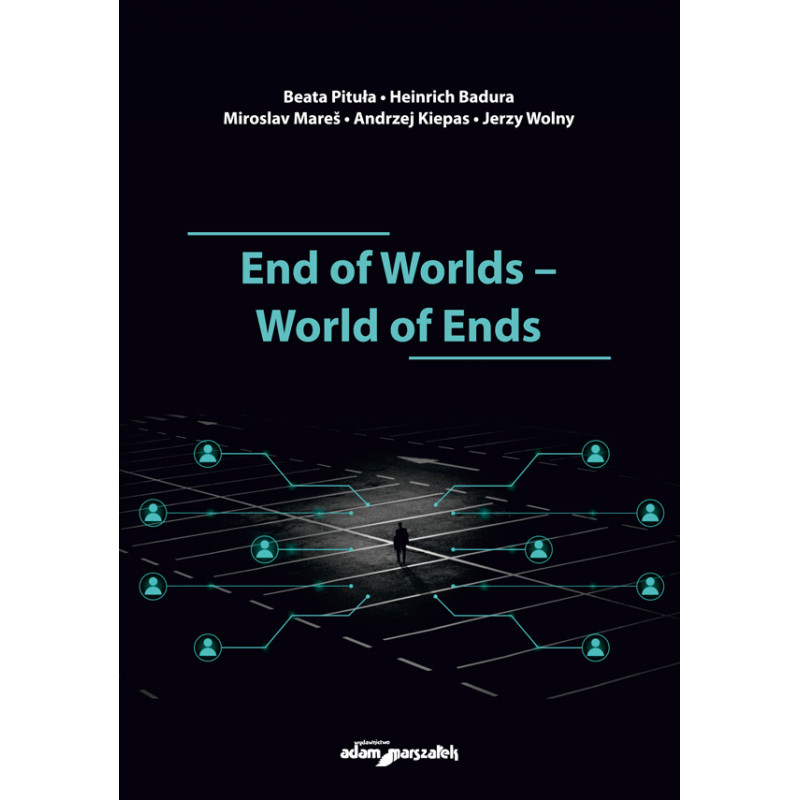



This paper results from a many-year seminar held at the Institute of Education and Communication Research (formerly the College of Social Studies) entitled “Human being in the contemporary science”. The interdisciplinary theme of this seminar united, as individual speakers, representatives of various disciplines of knowledge and representatives of different Polish and foreign scientific institutions. One of the last cycles of meetings organised as part of the seminar was devoted to the current social and cultural transformation caused by the progressing digitisation of different areas of the contemporary human being’s life. In general, the transformation is linked with the perspective of Industry 4.0 or Society 5.0/post-digital society. The dynamic of the changes currently induced by digitisation is so considerable and broad that it is accompanied by the devotion to the revolutionary nature of the current transformation. Hence, the specified names indicate the fourth industrial revolution or the fifth social and cultural revolution – from hunting, through farming, industrial, informational, to post-digital societies (super-smart society). The awareness of those immensely significant and profound changes leads, on the one hand, to the sense of the end of some world, but – on the other – to the opening of new perspectives and directions for growth. Hence the title of the work: “End of Worlds – World of Ends”. The present is filled not only by the sense that “some world is going to the past”, but also that life in the “world of ends” contains the announcement of what will happen in the future.